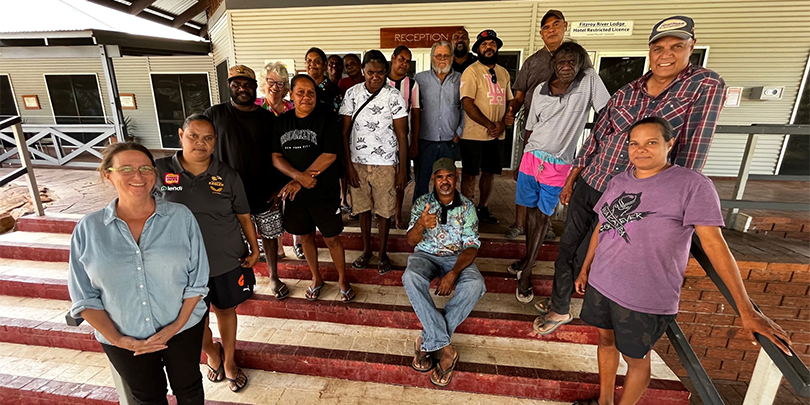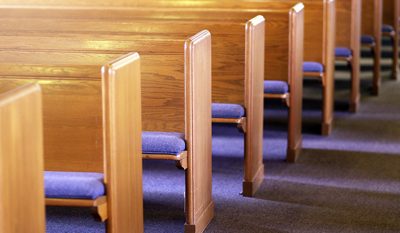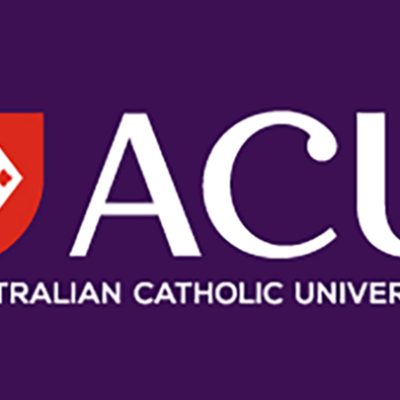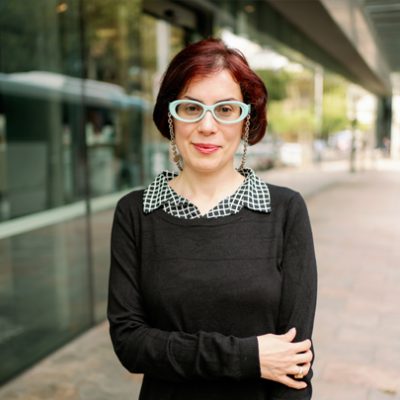
Researchers from the University of Notre Dame Australia are exploring solutions to energy poverty in remote Indigenous communities – a problem that sees some of Australia’s most vulnerable left without power in extreme heat for days on end.
The project will also allow researchers from Notre Dame’s Broome-based Nulungu Research Institute to identify opportunities for Indigenous people to reap the benefits of Australia’s clean energy transition and get better access to renewable energy sources.
About 1400 households in Western Australia’s Kimberley region rely on a pre-paid electricity system, which allows them to pay for power in advance but results in an immediate disconnection if their credit runs out.
Recent work by Nulungu researcher Kathryn Thorburn in a Kimberley community found some people were running out of credit about 45 times a year – leaving them without power for anything from hours to days at a time.
Addressing energy poverty among the poorest households in the country would have a positive impact on food security, family and domestic violence rates, intra-community conflict, hospitalisations and community wellbeing. It would also future-proof remote communities against the impacts of climate change.
Dr Thorburn and two fellow Nulungu researchers, Steve Kinnane and Lloyd Pilgram, are now on a mission to find solutions to the crisis by consulting with people in remote communities and empowering them to advocate for their energy needs.
Their research project will consolidate groundbreaking data on the impacts of energy poverty, making the issue more visible and giving them the tools to raise the issue with policy makers, utilities and governments.
Associate Professor Kinnane said reliable electricity was taken for granted by most Australians, but for remote Indigenous households in regions where the cost of living was already high, disconnections were an all-too-common experience.
“Living and working in the Kimberley, we have seen firsthand the pressures remote households face when their power is disconnected on a 42C day,” he said.
“There in an overwhelming burden to find the money to top-up credit so the air-conditioning keeps running, the food and medicine in the fridge stay cool and the phones stay charged.”
Notre Dame will host the inaugural Kimberley Aboriginal Clean Energy Forum in Broome in September, bringing Indigenous groups together to share their experiences, identify barriers and find solutions to the energy crisis.
FULL STORY
Notre Dame researchers tackle Indigenous energy poverty (UNDA)






